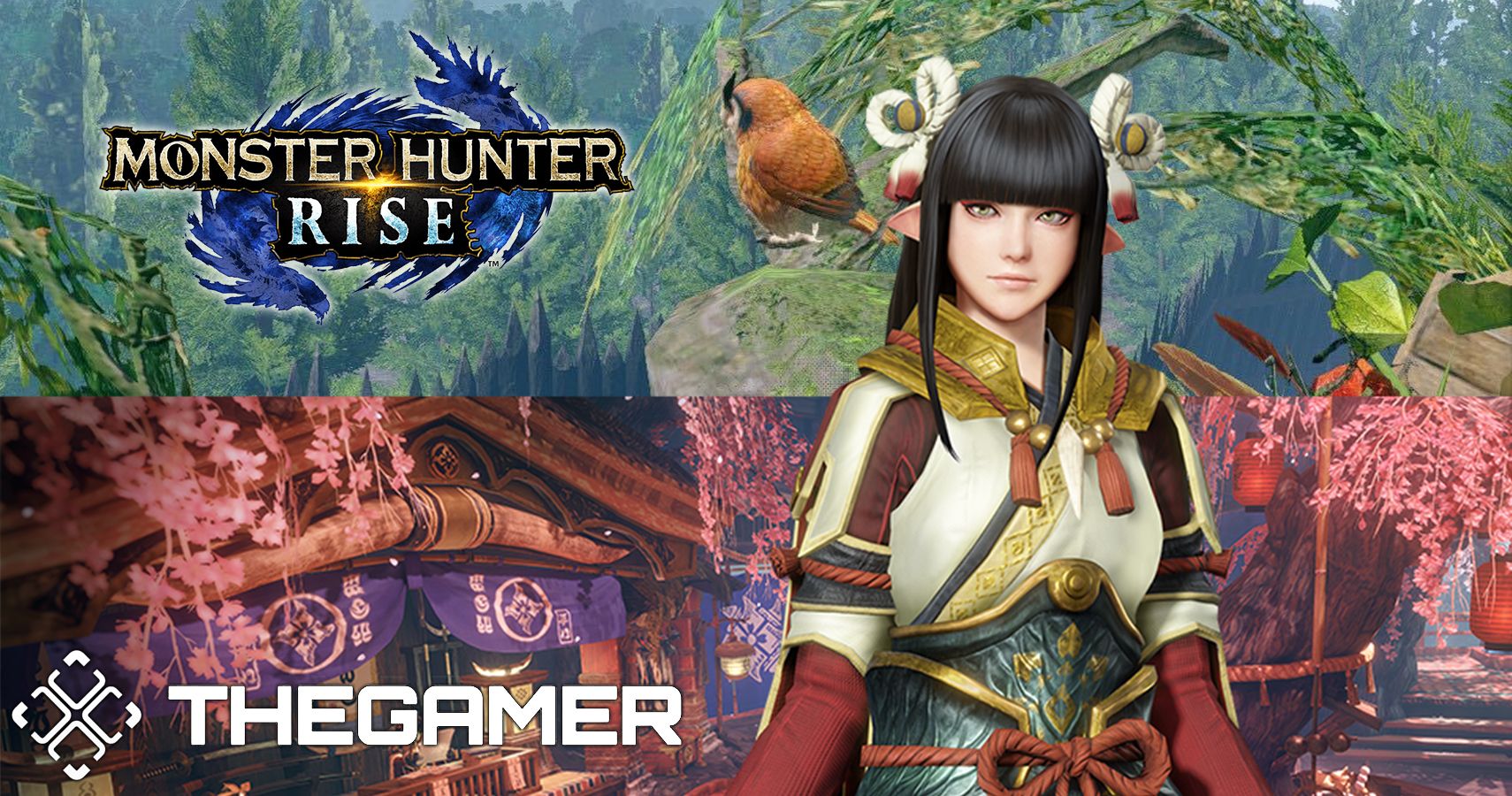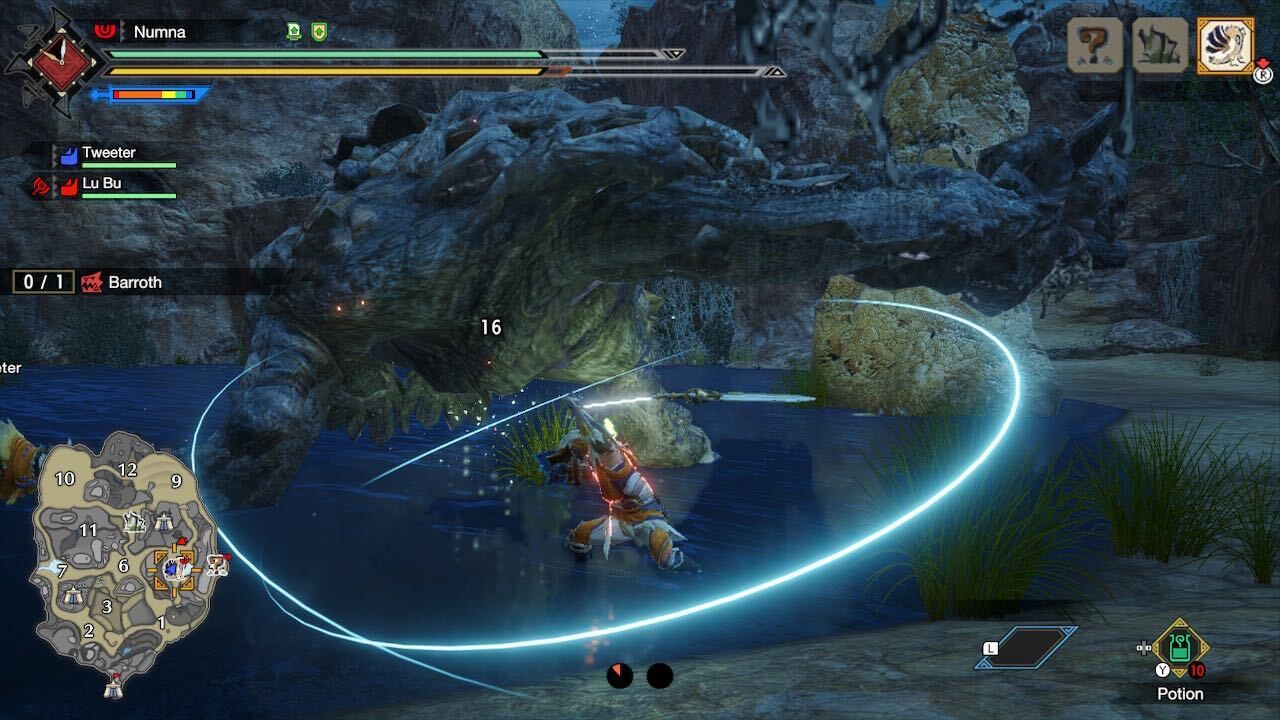When talking about the improvements a sequel makes on its predecessor, you don't often hear publishers mention sound design or soundtrack. Music is one of the most subjective mediums around with no one quite coming to a consensus on what makes a "good" song. There are so many different styles and techniques, not to mention anti-styles, that it's practically impossible to definitively state something is "bad." It's just strange that with each new console generation, we see marketing teams emphasize the visual look of games versus the aural soundscape that players will be interacting with.
I understand the why: audio is harder to sell because most people aren't rocking $1,000 speakers that can blow a wall down. When you're streaming a trailer on your cellphone, those tinny little nubs aren't going to accurately recreate what a composition sounds like on a proper system. Visuals are plain easier to get across because you can directly compare and contrast them to older games, not to mention 4K TVs can be purchased for $400 - or less in some cases.
That's why I'm surprised at how much effort Capcom put into Monster Hunter Rise's OST. The Monster Hunter series has an iconic theme song that its fans will instantly recognize, but a majority of the music playing on each hunt is practically interchangeable. I only have limited experience with the franchise having previously played 4: Ultimate and World, but those games both made strides in their audio department and still came off as somewhat forgettable. Rise, though, is just leaps and bounds better in this regard.
Let's take the menu screen as a prime example. The first thing players will see in practically every game ever, can you recall ever being blown away by the first five seconds of the menu tune? Monster Hunter Rise starts with a very traditional Japanese-style vocal arrangement that sounds equal parts haunting and beautiful. The juxtaposition of the two shrine maidens having a warm, then distant set of lyrics sets your expectations for the rest of the adventure at a massive high. It only gets better from there, too.
Once you've accepted your first hunt, you'll enter the Shrine Ruins and explore an Eastern bamboo forest setting that is unlike most of what the series has offered before. There isn't any real tune playing here (apart from a short reprise of the "Kamura Song of Purification" at the start), but it picks up immensely when you first attack your target. A quiet scimitar slowly erupts as a chorus of monks begin chanting to a very traditional Japanese track. It's ridiculously epic.
This continues for the other regions in the game, each representing their respective themes with musical leitmotifs. The Sandy Plains has my personal favorite theme, injecting a Middle-Eastern selection of instruments against an aggressive build-up that explodes after a minute in. Fighting something as simple as a Kulu-Ya-Ku takes on a quality that can easily be described as "Final Boss Fight."
Even in the hub area, Capcom went all out to ensure that players wouldn't be muting their systems while prepping for hunts. The main menu theme gets remixed into two different tracks that play in the Village and Gathering Hub areas to represent the characters that are handing out quests there. In the Gathering Hub, in particular, you can even see the Palicos banging out the beat on their massive drum as you get close.
It all comes together much later in the game when you eventually face the first Elder Dragon. While monsters like Diablos, Tigrex, and Rajang have their original themes recreated with new vocal arrangements, it's the theme for Wind Serpent Ibushi that steals the show. Taking the legendary Monster Hunter theme track and adding a chorus of over 24 singers, the tune accurately matches the chaos that this monster brings to the table. It feels like a desperate fight for your life against odds that are bigger than you could have ever comprehended. It also pays homage to the series' rich tradition by reprising what has come before and adding to it.
While I have some history with musical theory and even play an instrument myself, I'm maybe not skilled enough to accurately explain why Monster Hunter Rise's soundtrack works as well as it does. I just know that despite all of the quality-of-life improvements and massive gameplay shifts, the thing that impresses me most with Rise is its soundtrack. Capcom didn't rest on its laurels by simply focusing on gameplay and calling it a day. When I hear tracks like the Frost Islands battle theme or the fanfare after completing a hunt, I'm so energized that I just want to keep going long into the night.
The audio presentation of games can be just as important as the mechanical structure beneath. I'm happy that Capcom fully understood that with Monster Hunter Rise and has provided what may just be the best soundtrack of 2021. It will take a hell of an OST to top this, especially from a future Monster Hunter game.


